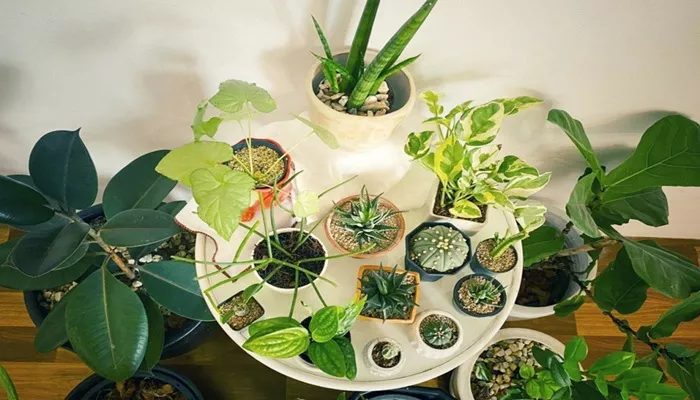The Invisible Importance of Plants: Why We Overlook Them.
Plants cover about 80% of Earth’s biomass, yet they often go unnoticed. Dr. Shannon Woodhouse, Education Programme Coordinator, investigates why plants blend into the background despite their ubiquity.
Why Do Plants Often Go Unnoticed?
For over twenty years, researchers have tried to understand why plants are frequently overlooked. The term “plant blindness” has been used, but it carries a negative connotation by comparing it to a disability. A more neutral term now discussed is “plant awareness disparity.”
The tendency to overlook plants may be ingrained in our brains. Early humans, threatened by animals, evolved to notice movement, making stationary plants less noticeable. This instinct to detect threats could be why we don’t easily notice plants.
Another reason is that plants often look similar. Our eyes process about 10 million bits of data per second, but we tend to filter out non-threatening objects like plants, grouping them together as background noise.
Additionally, many people simply don’t connect with plants. Studies show children recognize animals as living before they recognize plants as living. This anthropocentric view may persist into adulthood, resulting in a lack of interest and inadequate funding for plant conservation. In fact, 45% of flowering plants are at risk of extinction.
The Crucial Role of Plants
“Plants are the most important, least understood, and most taken for granted of all living things,” said Wilkins in 1988.
Plants are essential for life. They support ecosystems by providing food, oxygen, and shelter. They help maintain biodiversity, prevent soil erosion, and play a critical role in combating climate change.
Plants are also fascinating. They have a long history, with orchids dating back 83 million years. The tallest tree on Earth reaches over 80 meters, and some plants, like pitcher plants, even digest small mammals.
Despite their importance, there is still much to learn about plants, and many species remain undiscovered. Between 2020 and 2023, scientists identified more than 8,600 new plant species.
At the John Innes Centre, an independent plant science and microbiology research institute, scientists are working on projects to make food crops more resilient to climate change and to develop new medicines from plants.
Plants are remarkable, but you can’t appreciate what you don’t notice. Take a moment to explore your surroundings—you might be surprised by what you discover right outside your door.
Related topics:
- Microscopic Look at Seaweed ‘Vaccine’ for Plants
- Best Time to Plant Flowering Bulbs This Fall
- Edwards Aquifer Authority Offers Free Plant Pickup in San Antonio Next Week


